Resources
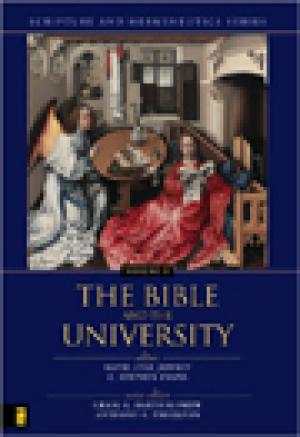
It is well known that the Western university gradually evolved from the monastic stadium via the cathedral schools of the twelfth century to become the remarkably vigorous and interdisciplinary European institutions of higher learning that transformed Christian intellectual culture in the thirteenth and fourteenth centuries. It is equally well known that subsequent disciplinary developments in higher education, including the founding and flourishing of many of the most prestigious of North American universities, owe equally to the Protestant and perhaps particularly Calvinist influence. But that the secularized modern university that descended from these developments is now in something of an identity crisis is becoming widely and often awkwardly apparent. The reason most often given for the crisis is our general failure to produce a morally or spiritually persuasive substitute for the authority that undergirded the intellectual culture of our predecessors. This is frequently also a reason for the discomfort many experience in trying to address the problem, for it requires an acknowledgement, at least, that the secularization hypothesis has proven inadequate as a basis for the sustaining of coherence and general intelligibility in the university curriculum. Nowhere is this more apparent than in the disciplines of biblical studies and theology, which once were the anchor or common point of reference for theological thought, but which are now both marginalized in the curriculum and internally divided as to meaning and purpose, even where the Church itself is concerned. In this final volume of the Scripture and Hermeneutic Series, a group of distinguished scholars havesought to understand the role of the Bible in relation to the disciplines in a fresh way. Offered in a spirit of humility and experimentally, the essays here consider the historic role of the Bible in the university, the status of theological reflection regarding Scripture among the disciplines today, the special role of Scripture in the development of law, the humanities and social sciences, and finally, the way the Bible speaks to issues of academic freedom, intellectual tolerance, and religious liberty. Contributors Include: Dallas Willard William Abraham Al Wolters Scott Hahn Glenn Olsen Robert C. Roberts Byron Johnson Robert Cochran, Jr. David I. Smith John Sullivan Robert Lundin C. Stephen Evans David Lyle Jeffrey (From the Publisher)
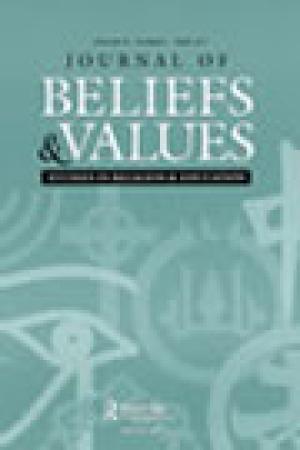
Journal Issue.
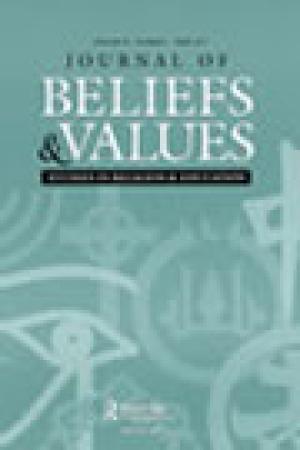
Journal Issue.
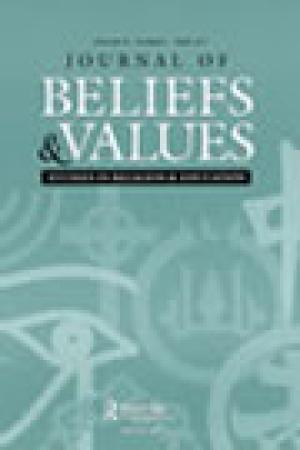
Journal Issue.
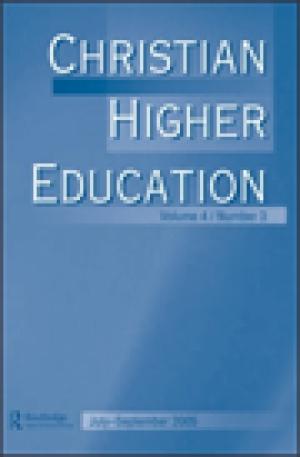
Journal Issue.
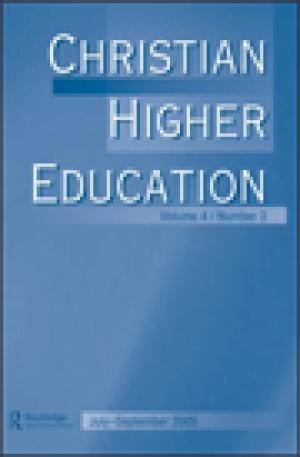
Journal Issue.
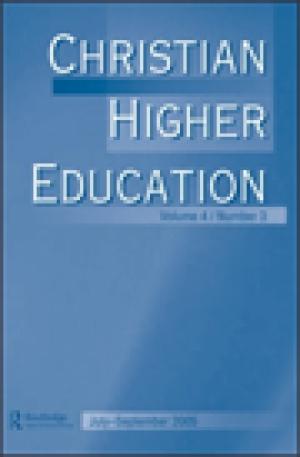
Journal Issue.
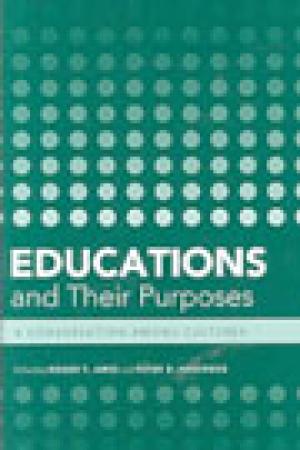
Chapters included in Part One, Education, Relationality, and Diversity, examine the growing intellectual awareness of a pervasive interdependence amid diversity in all aspects of the human experience brought on by the unrelenting processes of globalization. One of the most distinguished voices in the philosophy of emotions offers a sustained reflection in the opening chapter to Part Two, Educating Emotions: The Phenomenology of Feelings. In Part Three, East Asian traditions of thought that have never committed to the familiar mind-body dualism are appealed to as a resource for rethinking the body in education. The tension between personal authenticity and indoctrination in the role that education plays in preparing a person for a successful life is the subject of Part Four, Creativity and Habilitation, followed by chapters on the mutual accommodation of different approaches to education. The final essays discuss the role of aesthetic sensibilities in moral development with the theme of education and the aesthetics of moral cultivation. (From the Publisher)
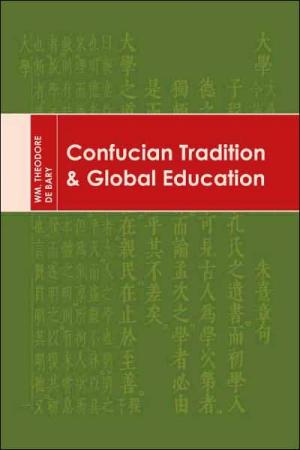
Drawn from a series of lectures that Wm. Theodore de Bary delivered in honor of the Chinese philosopher Tang Junyi, Confucian Tradition is a unique synthesis of essay and debate concerning the future of Chinese education and the potential political uses of Confucianism in the contemporary world. (From the Publisher)